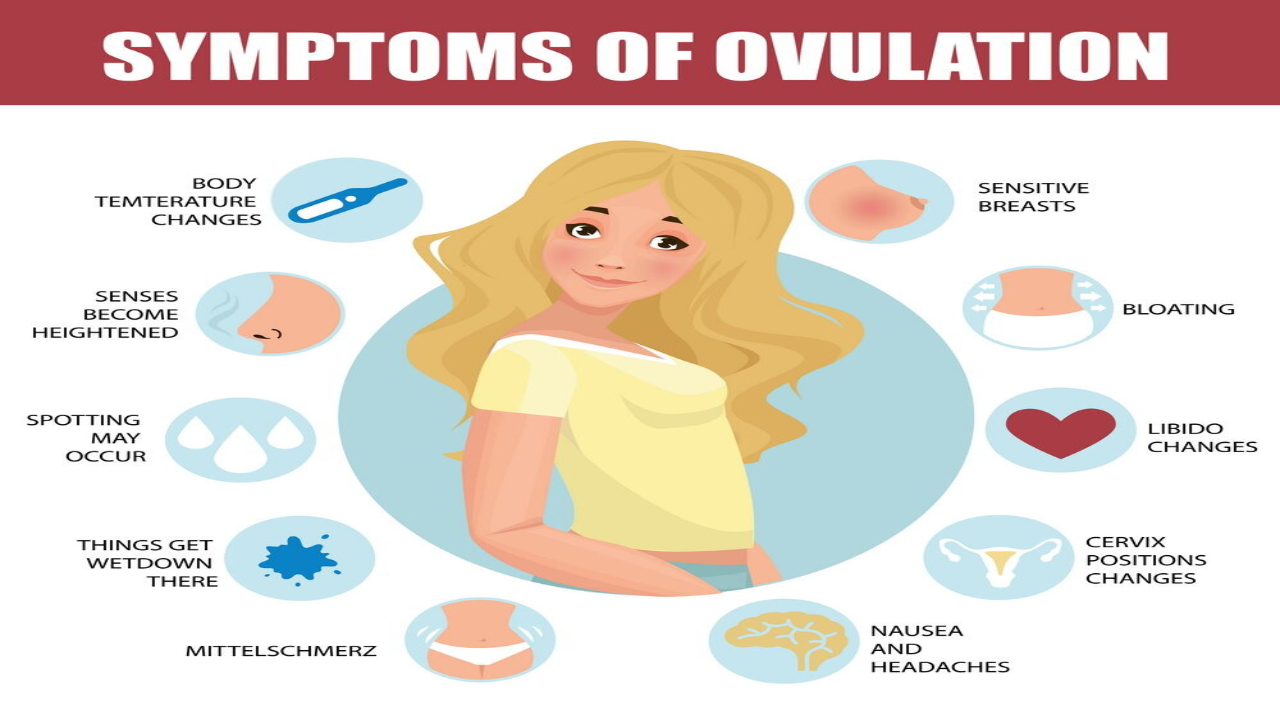5 Common Ovulation Symptoms That One Should Know
Are you looking for the most common ovulation symptoms? Do you want to recognize the problem of ovulation quickly? Then get all of the details along with all of the symptoms here in this article quickly. There may have a lot of people who are struggling with the problem of ovulation every day but are unable to figure out the symptoms. If you are facing the same kind of complications in your life and looking forward to knowing the common symptoms, then grab the details briefly here today.
We are going to elaborate on each one of the common ovulation symptoms for all of you who are struggling to find out the problem. Even day by day, this particular problem can also bring out other unnecessary health issues in your body. So if you want to remove the other health illnesses from your body, then first recognize the symptoms. At the same time, we will also help the audience to figure out the other important details related to the symptoms of ovulation day and pregnancy symptoms after ovulation day by day.
Some Of The Most Common Ovulation Symptoms You Should Know
Now here we are going to present each one of the common ovulation symptoms for all of the audience who are looking forward to knowing the causes. If you want to take the right step at the right time to solve the problem of ovulation, this is the most appropriate article for you to know the details. Equally, we will also share other informative news updates regarding the bloating and cramps during ovulation and after ovulation pregnancy symptoms.
1. Ovulation Pain
Some people experience a slight twinge or pain on one side of their lower abdomen around the time they ovulate. This is sometimes referred to as "mittelschmerz," and it can help indicate that an egg is being released from the ovary.
2. Changes in Body Temperature
Basal Body Temperature (BBT) refers to your body's temperature when you're at rest. It tends to rise slightly after ovulation due to increased progesterone levels. Tracking your BBT can help pinpoint when you've ovulated and might be useful if you're trying to conceive.
3. Changes in Cervical Mucus
As you approached to ovulation, the consistency and amount of cervical mucus can change. It becomes clearer, thinner, and more slippery, resembling the texture of egg whites. This type of mucus facilitates the movement of sperm into the uterus.
4. Changes in Saliva
Some fertility trackers use changes in your saliva's appearance under a microscope as a way to predict ovulation. The "ferning" pattern that occurs due to hormonal changes can indicate fertile days. These changes are part of your body's natural processes related to reproduction and fertility. If you're trying to conceive, tracking these changes can help you determine the best times for having intercourse.
Keep in mind that everyone's body is unique, so these signs may not be experienced by everyone in the same way or with the same intensity. If you have specific concerns or questions about your menstrual cycle, it's always a good idea to consult with a healthcare professional.
5. Tender Breasts
Hormonal changes during the menstrual cycle can cause breast tenderness, especially around ovulation and leading up to menstruation. This is a common symptom experienced by many people.
These changes are all related to a person's fertility and can help predict when they are most likely to conceive if they are trying to get pregnant. Therefore these are all the common symptoms that you can observe during the 7 days after ovulation symptoms. At any time, people can observe this common symptom in their body regarding their pregnancy or regarding leading up to their periods as well.
If you are looking forward to collecting all of the necessary details regarding the ovulation symptoms. Then, here we have mentioned all of the particular details by explaining each one of the common symptoms. You can get the information by reading the whole article till to the end and can find out the symptoms' names one after another. Basically, it is a guide for all of you who do not have proper knowledge regarding the symptoms of ovulation. So go through the full article from the start to the bottom and increase your knowledge quickly.

